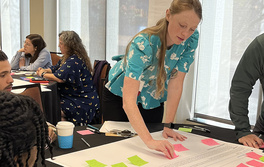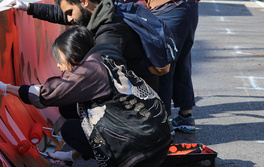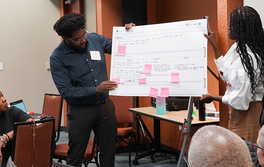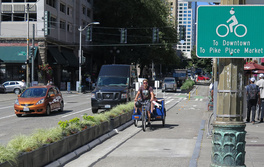
New Mobility Atlas Update — February 22, 2021
NUMO New Mobility Atlas Update — February 22, 2021
Time for a refresh. We’ve updated the NUMO New Mobility Atlas to reflect changes to the dockless shared mobility landscape in cities around the world.
Here’s the lay of the land…
- 644 unique cities with dockless micromobility 🏙️
- 1,172 total dockless operators* 🚲🛵🛴
- 684 electric scooter operators 🛴
- 369 shared bike** operators 🚲
- 119 moped operators 🛵
Here's what's new...
- 210 cities welcomed dockless, electric shared mobility for the first time
- 79 cities no longer have any dockless micromobility
- 297 more operations since the Atlas’ last update
- 523 new operations total
- 222 operations ceased to exist
And here are some highlighted insights...
- 271 cities relaunched operations after they were suspended because of COVID-19
- With a total of 14 service operators (that’s seven more since the last update), Barcelona now is the city with the most dockless mobility operators
- E-scooters are exploding in Europe, with 109 more cities adding scooter operations since the last update
- Shared bikes haven’t yet recovered from the effects of the pandemic in North America; only 25 cities have dockless shared bikes, compared to 81 this time last year
- Since summer 2020, Seattle has gone from zero service operators to five

Visit the NUMO New Mobility Atlas to view all the latest changes and download data.
*‘Operator’ refers to private operators of dockless, shared electric scooter, bicycle and/or moped services
**As of right now, the New Mobility Atlas reflects dockless shared bike operations




